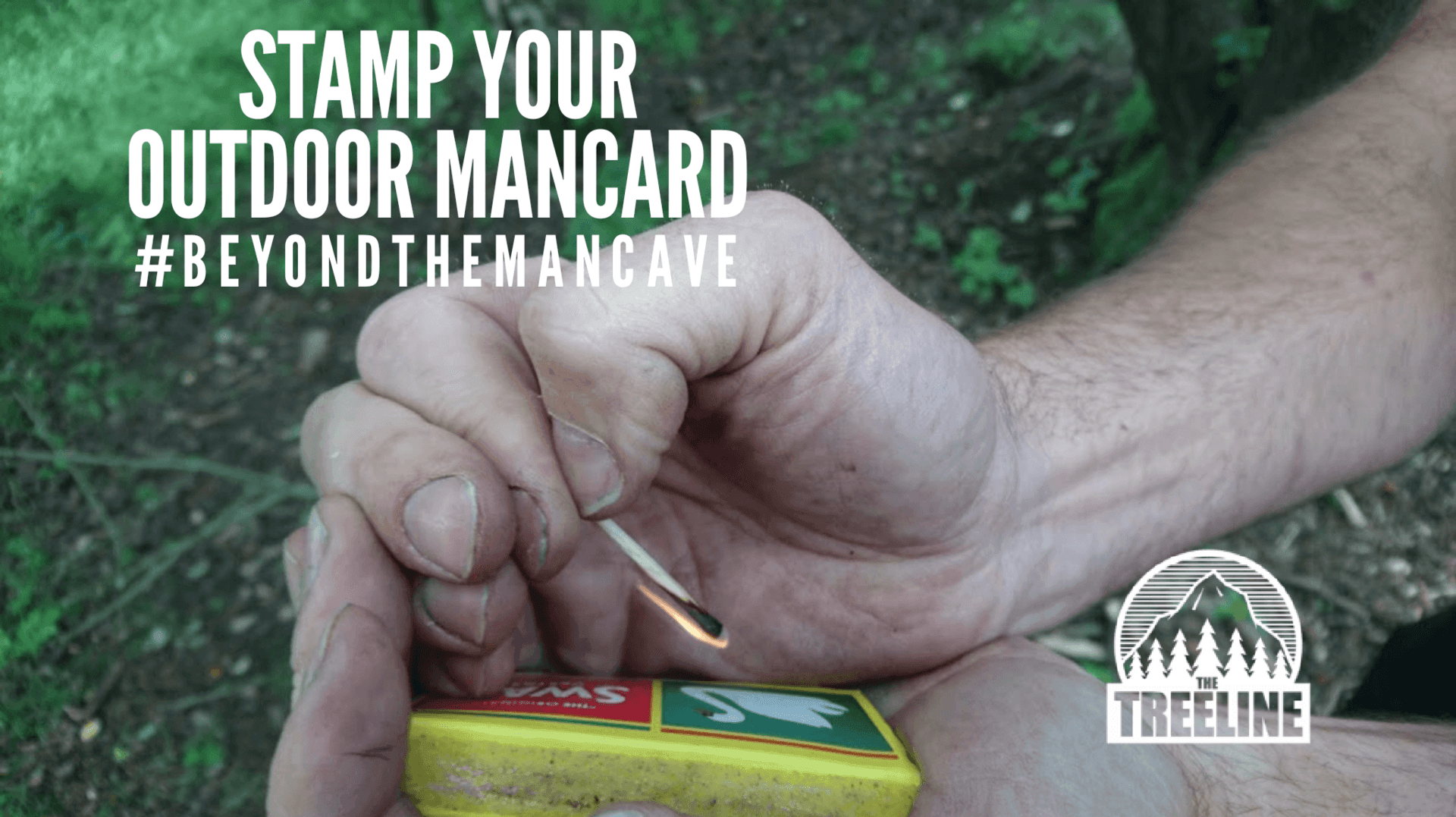Making motivation personal pt 1
Being Chris Gardner from The Pursuit of Happyness

The Pursuit of Happyness is a true story about Chris Gardner, a homeless salesman with dreams of being a Stockbroker.
In the movie Gardner, played by Will Smith, has every obstacle thrown in his path and endures great hardship before he ultimately triumphs.
The idea that anyone can do it if they try hard enough might be appealing but it never gets us very far. If it did we’d all achieve everything we ever wanted. But we don’t.
That might be because real life has no stirring background music or it might be because we realise afterwards that we’re not as handsome and cool as Will Smith.
Another possible reason is people who never give up have a reason to never give up and it goes beyond wanting to have a better life or a better job or a bigger house. Chris Gardner had to hit absolute rock bottom before he found out what he was capable of.
We can’t borrow that experience without blowing up our lives but there’s a lot more going on here than one man’s refusal to quit, most notably in terms of Chris’s other traits and characteristics, things we CAN borrow and learn from.
So what are they?
He listened to people.
Chris Gardner drew his inspiration from the world around him. He listened to people and remembered what they said.
He had a cruel and abusive stepfather who repeatedly reminded him he didnt have a daddy. This led the young Chris to promise himself he would always be there when he became a father himself.
His mother who told him he would never be Myles Davis but he could make a million dollars.
His three year old son who, when Chris felt he couldnt go on any longer told him ‘Poppa, you’re a good Poppa.
These words had infinitely more power than motivational memes, movies and quotes from people he’d never met.
He’s completely honest.
There is a scene in the film where Chris arrives for a big interview at the Investment House in a vest and jeans. There is a look of shock on the faces of the panel and its the worst possible start.
He’d been arrested the night before - while decorating his apartment - for a huge pile of unpaid parking tickets and had been released just in time to sprint all the way to the interview. He’s clearly anxious but decides not to make excuses and simply tells the truth, backing it up with assurances as to his commitment.
Can I say something? I’m the type of person that if you ask me a question and I don’t know the answer I’m gonna tell you that I don’t know, but I bet you what - I know how to find the answer and I WILL find the answer.’
He’s genuine
Let’s not forget, we’re not trying to borrow Chris’s motivation, we’re trying to borrow one or two of the attributes that contribute to his success and the way he presents himself is crucial.
The real Chris was not a New Yorker, he was from the deep south and if you watch even a bit of the interview that I’ve shared at the bottom you’ll see that he does not sound like the traditional top flight fund manager. Instead he listens with great care and intensity to everyone he meets and speaks respectfully and with conviction.
This helped just enough of the right people to trust him when it mattered most. In real life the Bear Stearns fund manager who eventually hired him did so because he knew that while Chris didnt have a PHD he had a PSD (poor, smart and determined) and he’d heard him make a great many cold sales calls.
He’s inquisitive.
There is a wonderful scene (which actually happened in real life) where Chris sees a Stockbroker arrive at the investment house in a magnificent red Ferrari. At this time he didnt have five dollars in his pocket but without hesitation he walks right up to him and says ‘I got two questions:
‘What do you do and how do you do it?’
He’s not apologetic or humble, neither is he pushy or aggressive and instantly the Stockbroker warms to him and tells him all he needs is to be good with numbers and good with people - two things he could do beautifully.
The reality was not much different but in both cases we see a man who is neither bitter at his position in life or jealous of others. Crucially, he’s also not afraid to ask and this repeatedly opens up opportunities for him.
He believes in himself and he works from here
There is an oft quoted line; Tomorrow is the first day of the rest of your life. Chris lives and breathes this idea. He makes some terrible decisions including quitting his job and investing in products that nobody wants. He carries the memory with him but not the idea that he is doomed to failure. When he speaks to people he sees opportunity not, not the spectre of all his past failures.
A big part of this was knowing that despite everything that blew up in his face he was still holding a few good cards, in particular his gift with numbers and his way with people. We’re all holding a few good cards but its easy to forget sometimes. We’re also all allowed to have a past, it doesnt have to define our future.
He gets mad.
Oh hell yes! Who wouldnt in his circumstances? He lets his anger and frustration have it’s moment then he carries on. He doesn’t opt for a Yogi like state of serene mindfulness.
He’s projects confidence.
Throughout the film we see Chris under enormous pressure but in every scene where we see him with people he stands up straight, he looks them in the eye, shakes hands firmly and smiles and laughs alot.
Harvard professor Amy Cuddy has done some fascinating work on the relationship between our physical posture and our emotional state, most notably in terms of confidence. Have a look at her work on the ‘power stance’. Whether you buy it or not Chris, as portrayed by Will Smith, and the real Chris, have great posture; alert and upright but not threatening.
He’s decent
There is another popular adage that says ‘Nice guys finish last’. In the film Chris never talks down to anyone or speaks unpleasantly. Not to the other candidates in the competitive internship, not even his bitter and spiteful wife.
If this doesnt always make him successful then at least he had the satisfaction of knowing that when he came through this terrible ordeal his soul was still intact. He was still Chris Gardner and still a good man.
Don’t waste your time studying the top ten characteristics of successful / rich / powerful people.
Instead understand your goal and the characteristics needed to achieve it.
What sort of person will it take to pull this off?
How will they appear to others?
What will they say to themselves when it gets tough?
What experiences and achievements do YOU have that can be drawn on when it matters most?
I can't help you become Chris Gardner - you don't need to be him anyway. I CAN help you nail down the qualities you need and make them habits and I can keep you accountable and help you stay the course when it gets rough. This is what I do and I'm good at it. My contact details are at the bottom the page and our first session is always free.












